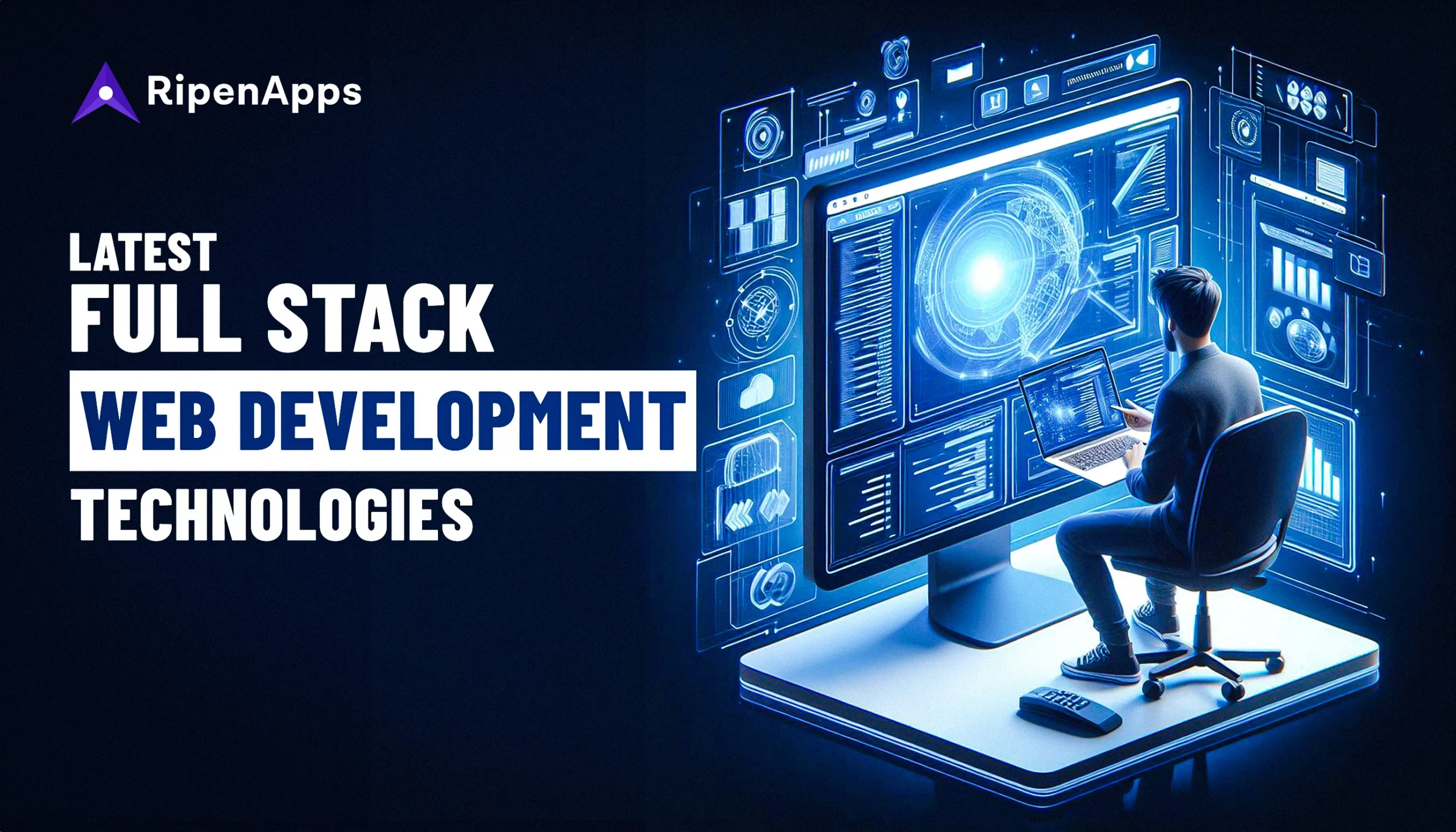Hydra Tech Insights
Stay updated with the latest in technology and gaming.
Full-Stack Development: The Secret Recipe for Code Wizards
Unlock the secrets of full-stack development and transform into a coding wizard! Discover must-know tips and tricks for tech success.
Understanding Full-Stack Development: A Comprehensive Guide for Aspiring Code Wizards
Full-stack development refers to the comprehensive skillset required to manage and work on both the front-end and back-end of web applications. This means that a full-stack developer must be proficient in multiple programming languages, frameworks, and tools, allowing them to handle everything from creating user interfaces to managing databases and server-side logic. To become an effective full-stack developer, it is crucial to understand the entire development process, which typically includes the following key components:
- Front-end Development: This involves creating the visual elements of a website or application that users interact with directly.
- Back-end Development: This area focuses on server-side programming, managing databases, and ensuring that data flows seamlessly between the server and client.
- Version Control Systems: Tools like Git enable developers to track changes and collaborate efficiently.
For those aspiring to become code wizards in the full-stack development realm, it's important to start with the basics and gradually build expertise. First, familiarize yourself with HTML, CSS, and JavaScript for front-end development, then move on to back-end technologies such as Node.js, Express, or Python. Many aspiring developers also find it beneficial to dive into frameworks like React or Angular for front-end tasks and Django or Laravel for back-end frameworks. Additionally, engage with online communities and resources, attend coding bootcamps, and work on personal projects to strengthen your skills. By mastering these technologies and practices, you will pave the way for a successful career in full-stack development.

Top Tools and Technologies Every Full-Stack Developer Should Master
Becoming a successful full-stack developer requires mastering a diverse set of tools and technologies. To begin with, a solid understanding of front-end frameworks such as React, Angular, or Vue.js is essential. These frameworks enable developers to create dynamic and responsive user interfaces. Additionally, proficiency in HTML, CSS, and JavaScript remains fundamental, as these languages form the backbone of web development. On the back end, tools like Node.js, Express, and databases such as MongoDB or MySQL are equally important for building robust server-side applications.
Moreover, understanding version control systems, particularly Git, is crucial for collaboration in team environments. Familiarity with containerization technologies like Docker and orchestration tools such as Kubernetes can significantly enhance a developer's ability to deploy and manage applications efficiently. Lastly, keeping up with cloud services like AWS or Azure will empower full-stack developers to build scalable and reliable applications in today's rapidly evolving tech landscape. Mastering these tools will not only enhance workflow efficiency but also contribute to the overall quality of software development.
Is Full-Stack Development Right for You? Key Skills and Insights to Consider
Deciding whether full-stack development is the right path for your career involves evaluating several factors. Full-stack developers are proficient in both frontend and backend technologies, which means they need a diverse skill set that includes knowledge of HTML, CSS, JavaScript, as well as backend programming languages like Python or Node.js. Each element plays a crucial role in creating seamless user experiences and functional applications. Furthermore, familiarity with databases, version control systems, and API integrations is essential. Take into consideration your personal interests; if you enjoy both designing interfaces and solving complex backend problems, full-stack development may be a perfect fit for you.
Moreover, being a successful full-stack developer requires a commitment to continuous learning, as technologies and best practices evolve rapidly in the tech landscape. Consider the following key insights before diving in:
- Adaptability: You need to embrace change and learn new technologies regularly.
- Problem-Solving Skills: Being adept at troubleshooting and debugging is vital.
- Collaboration: Often, you’ll work with designers, project managers, and other developers, making teamwork essential.